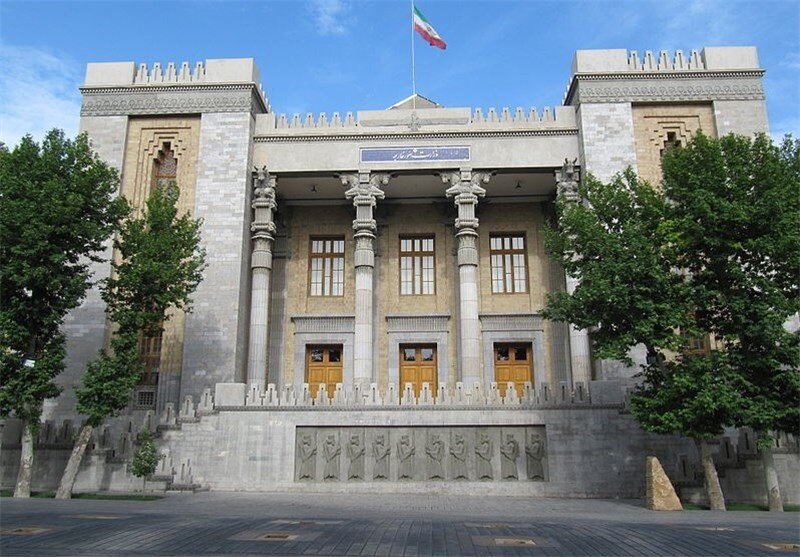Iran voices readiness to work with new UN Security Council members

TEHRAN — Iran has welcomed the election of India, Ireland, Mexico, Norway and Kenya as the new non-permanent members of the UN Security Council, voicing readiness to work with the new members.
#Iran welcomes the election of India, Ireland, Mexico & Norway as the new UNSC non-permanent members. 🇮🇷 is ready to work w/the new members, as the key agenda for the term 2021-22 should be effective protection of multilateralism & intl law against vicious ideologies & states.
— Iran Foreign Ministry 🇮🇷 (@IRIMFA_EN) June 18, 2020
“#Iran welcomes the election of India, Ireland, Mexico & Norway as the new UNSC non-permanent members,” Iran’s Foreign Ministry wrote in a tweet late on Thursday.
“Iran is ready to work w/the new members, as the key agenda for the term 2021-22 should be effective protection of multilateralism & intl law against vicious ideologies & states,” it added.
Four countries were elected to two-year terms on the UN Security Council on Wednesday in the first major vote held at the world body amid the coronavirus pandemic.
India, Ireland, Mexico and Norway will join the council on January 1 for the rotating term.
On Thursday, Kenya defeated Djibouti to also get elected to the UNSC, after the UN General Assembly failed to choose between the two candidates during a first round.
In a tweet on Friday, the Iranian Foreign Ministry wrote, “Also, the election of Kenya to the UN Security Council is welcomed. Iran is looking forward to working w/ Kenya & other new members on vital issues in West Asia and around the globe.”
The UN Security Council is one of the six principal organs of the United Nations, charged with ensuring international peace and security, recommending the admission of new UN members to the General Assembly, and approving any changes to the UN Charter.
The permanent members of the Security Council are China, France, Russia, Britain, and the United States.
The ten non-permanent members of the Security Council are elected by the General Assembly in accordance with the participation of the members of the United Nations in maintaining international peace and security and other objectives of the organization, as well as on the basis of equitable geographical distribution.
The non-permanent members of the Security Council are elected for a two-year term.
MH/PA
Leave a Comment